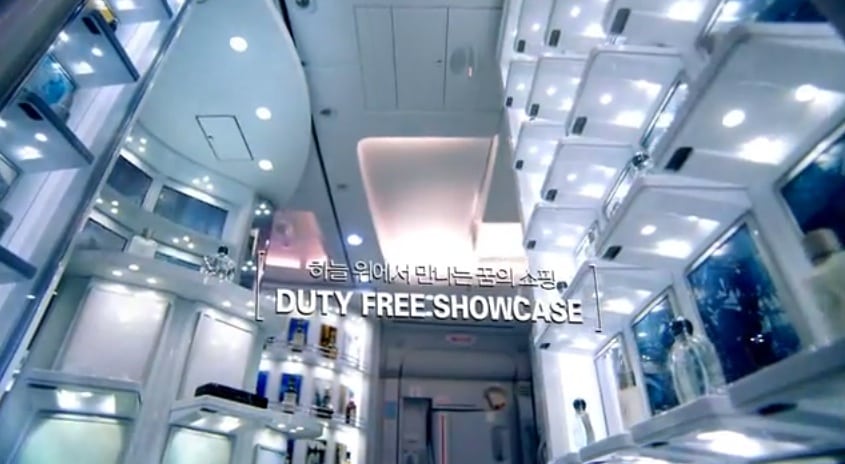Delta Drops In-Flight Duty-Free Business

Skift Take
Delta's decision not to replace the vendor raises the question of whether its passengers will notice, or care enough, to get the airline to change its mind. This might be the perfect test-case for the true appeal of duty-free.
Earlier this month Delta bowed out of the duty-free retail business, telling its passengers: "Delta apologises for any inconvenience to our customers and as a reminder, a variety of duty free items are available at most international airports."
It's a rare move by an airline to cut something that can generate additional in-flight revenue, especially one that can add up to millions per airline.
A report by onboard retail technology provider GuestLogix (which processes onboard duty-free sales for airlines), reveals that skincare and makeup products are the top sellers in a $3 billion dollar industry.
Korean Air loves duty-free sales so much that it built a special Duty Free Showcase shop on its A380, enticing passengers to shop at their leisure; and has passengers so keen
